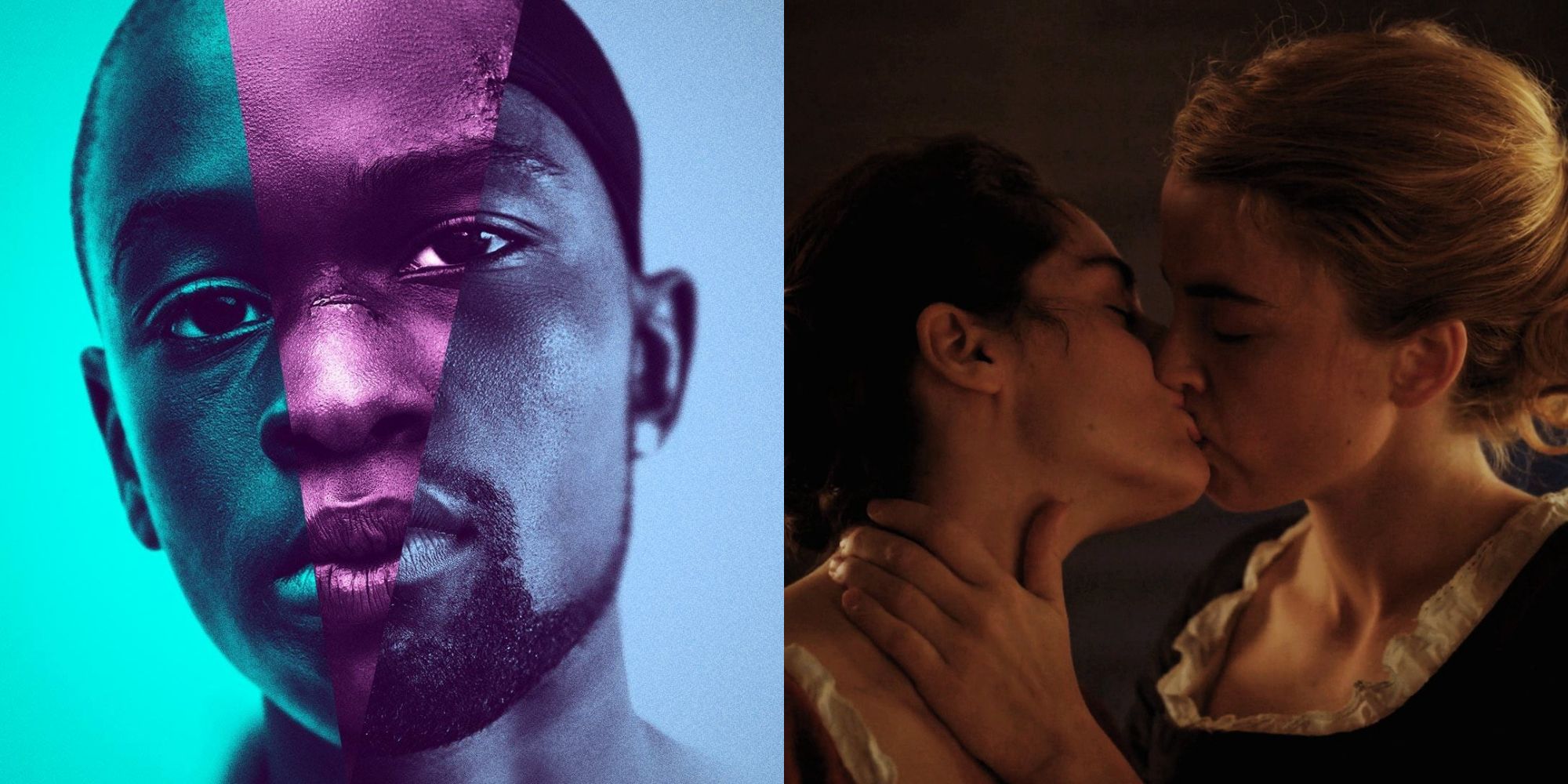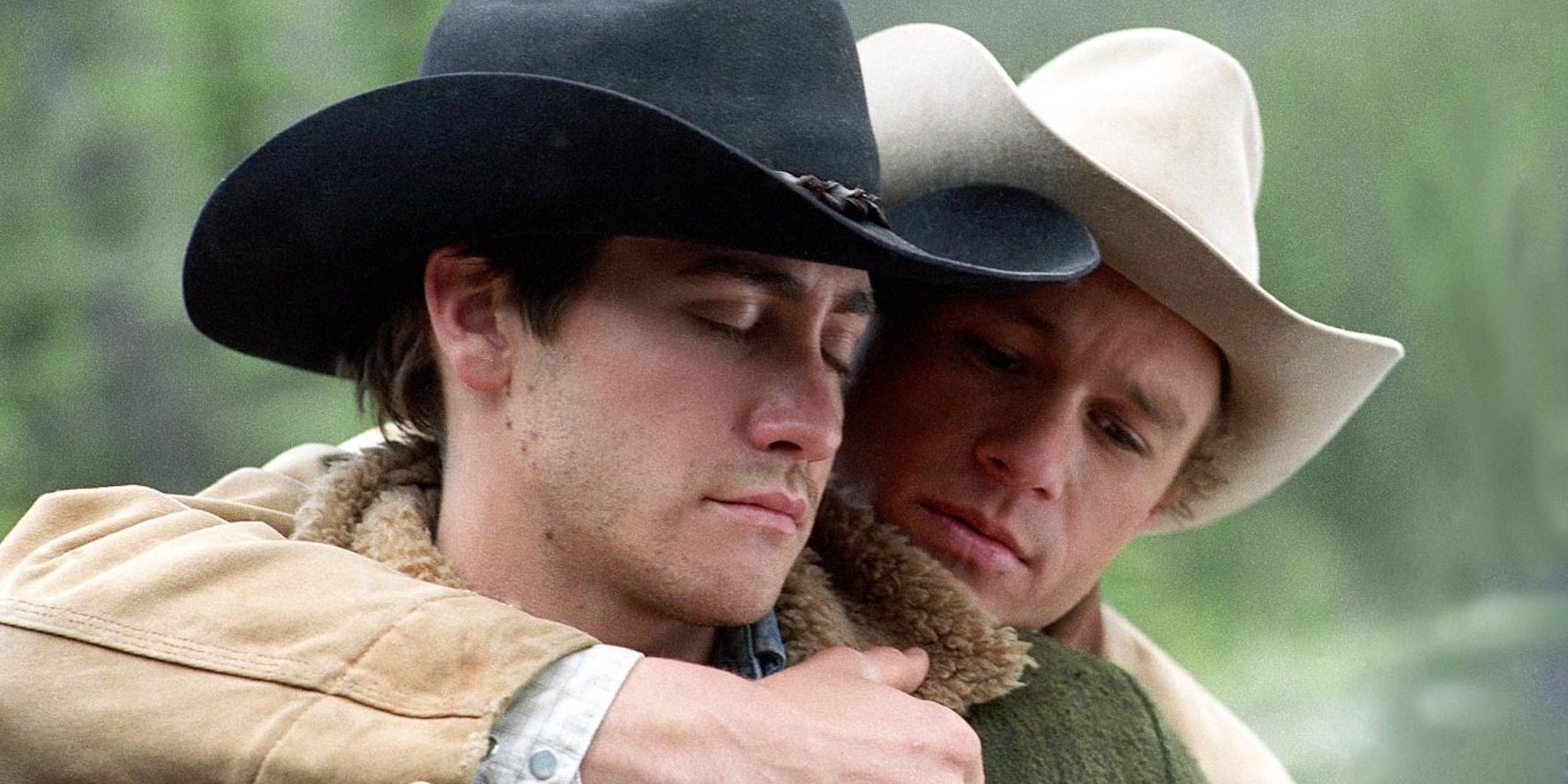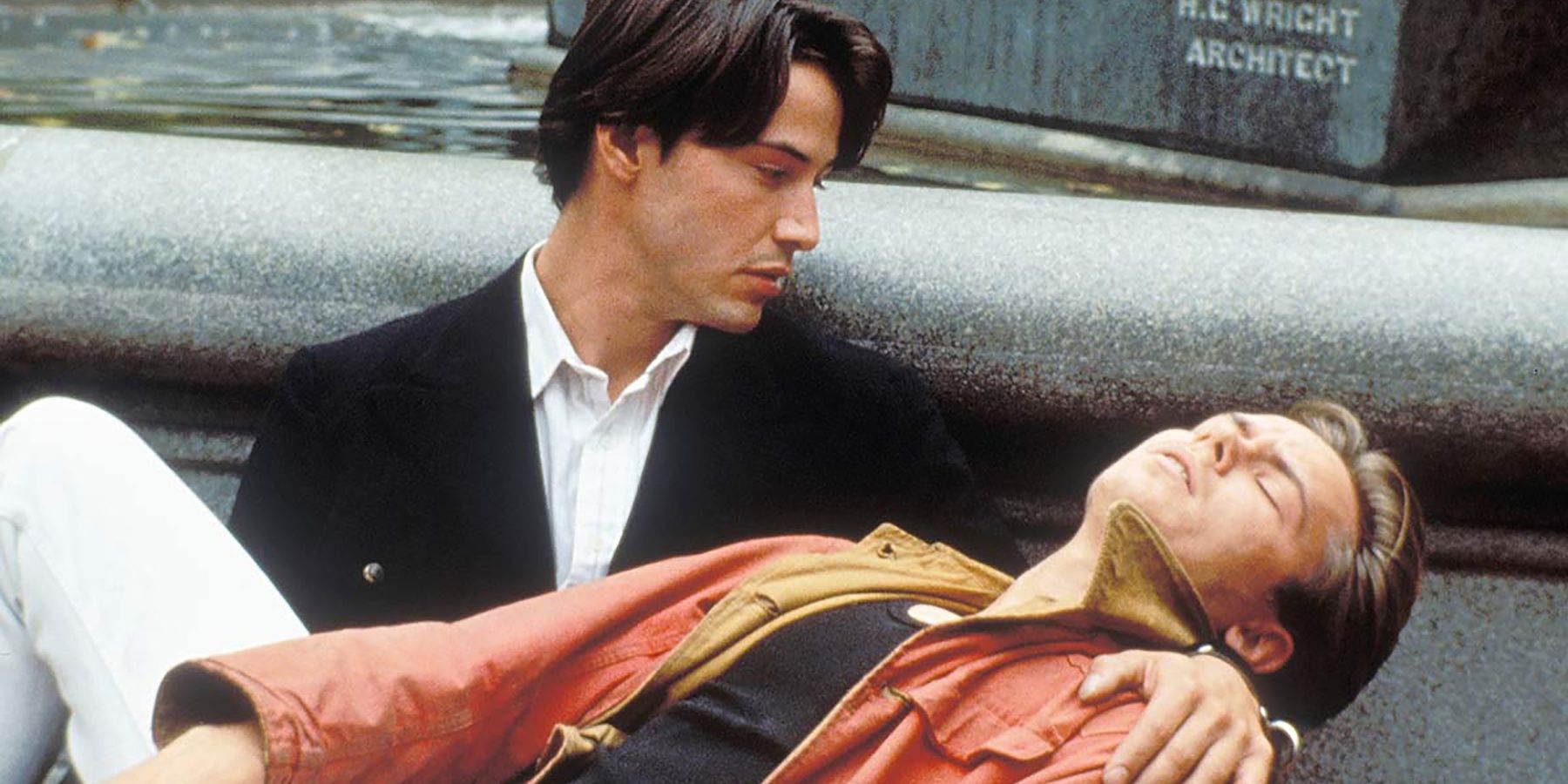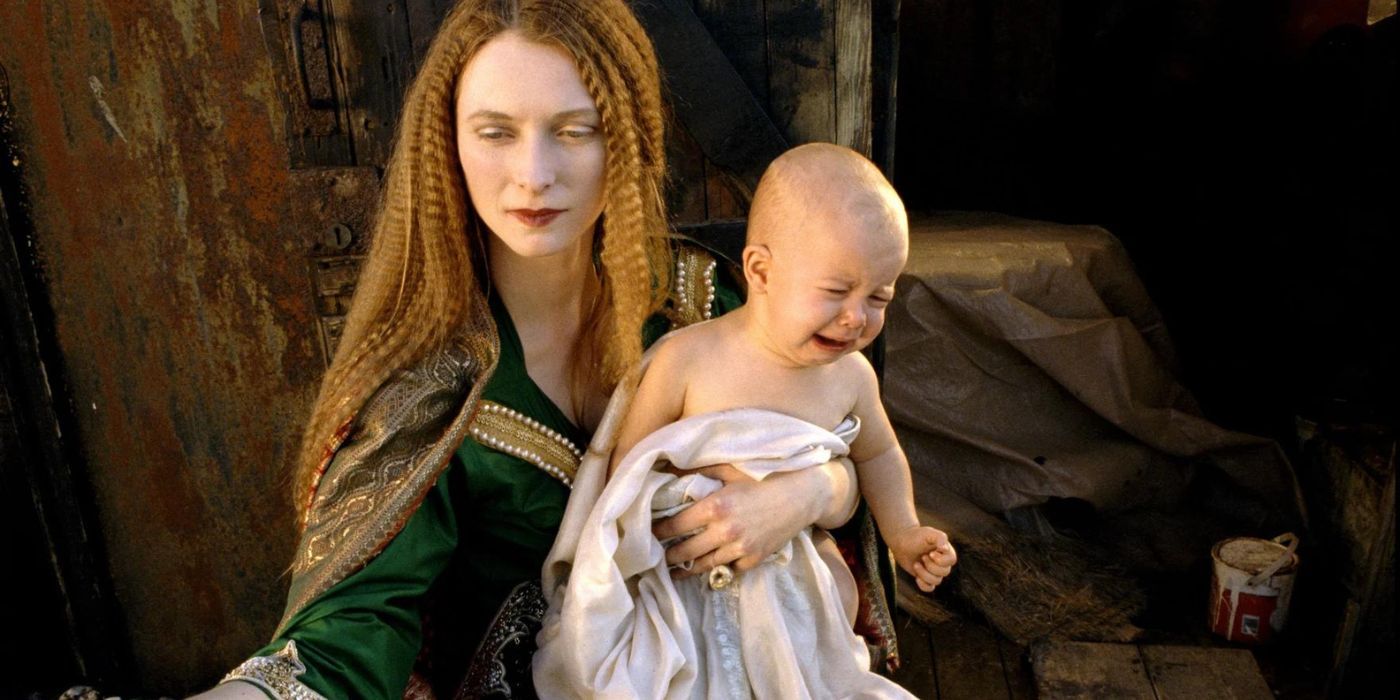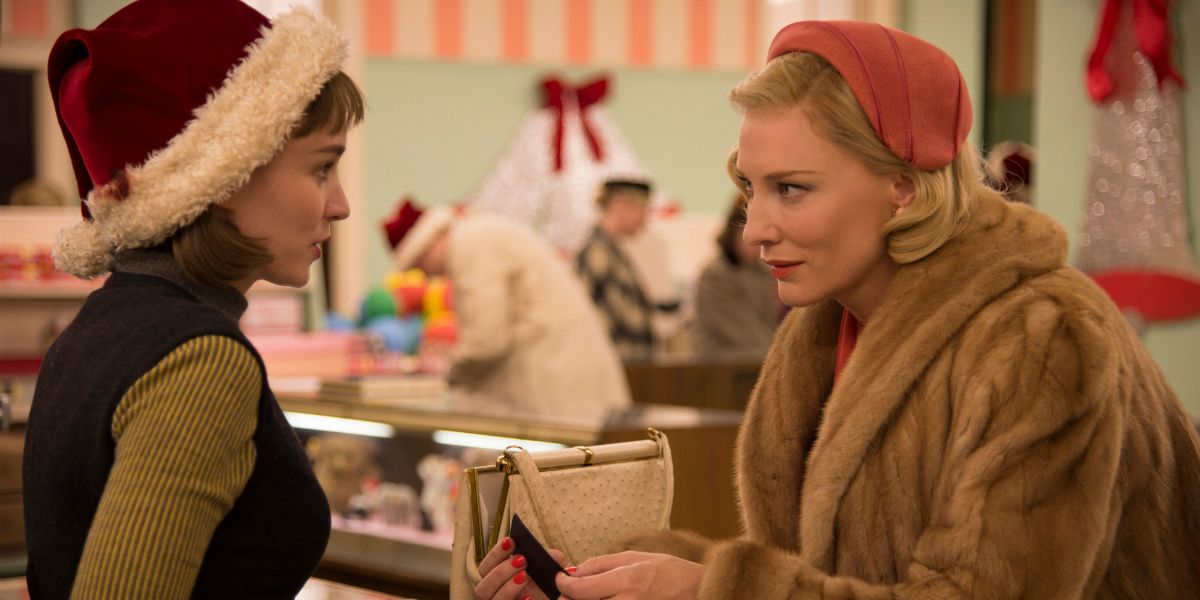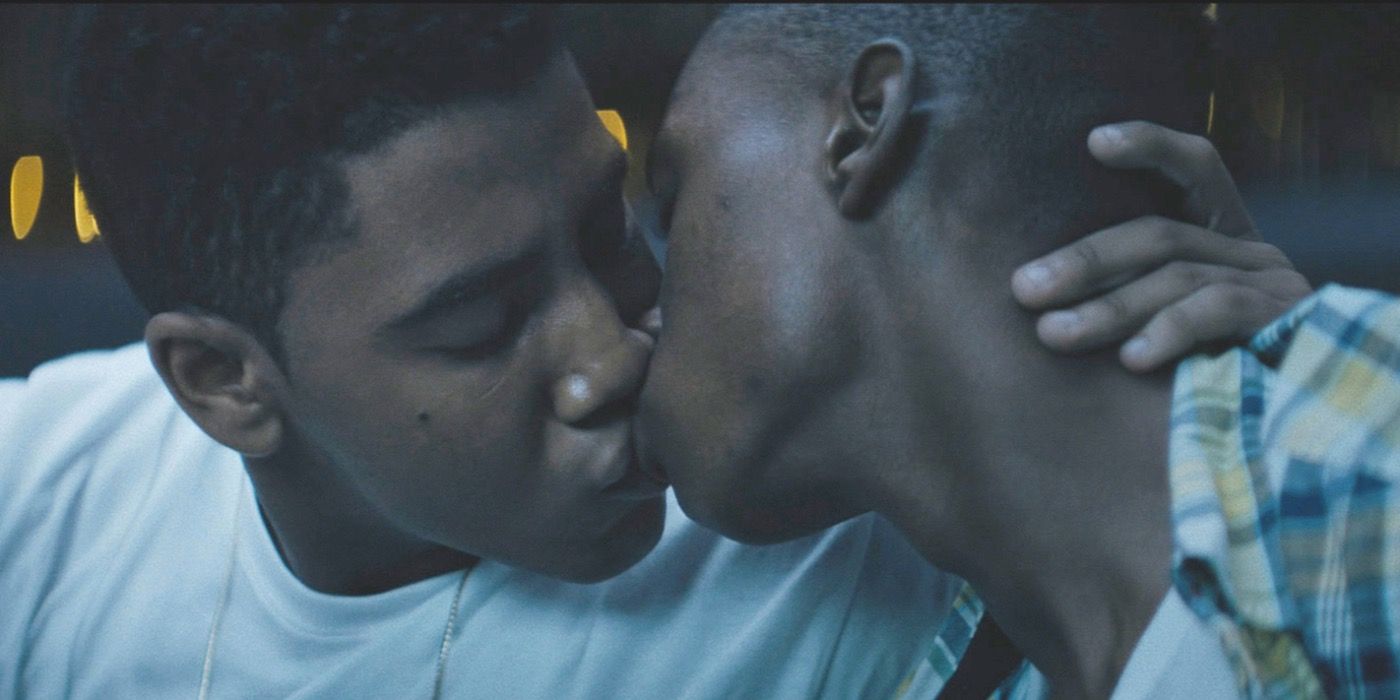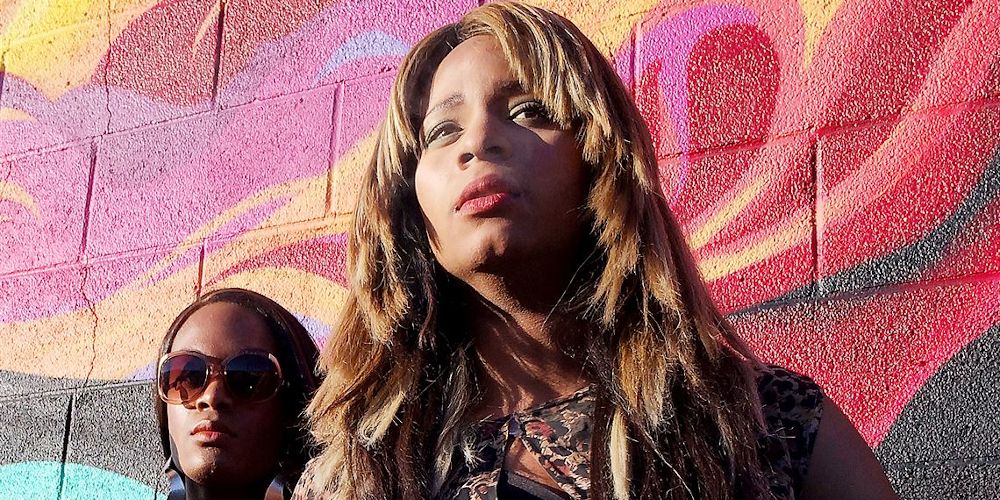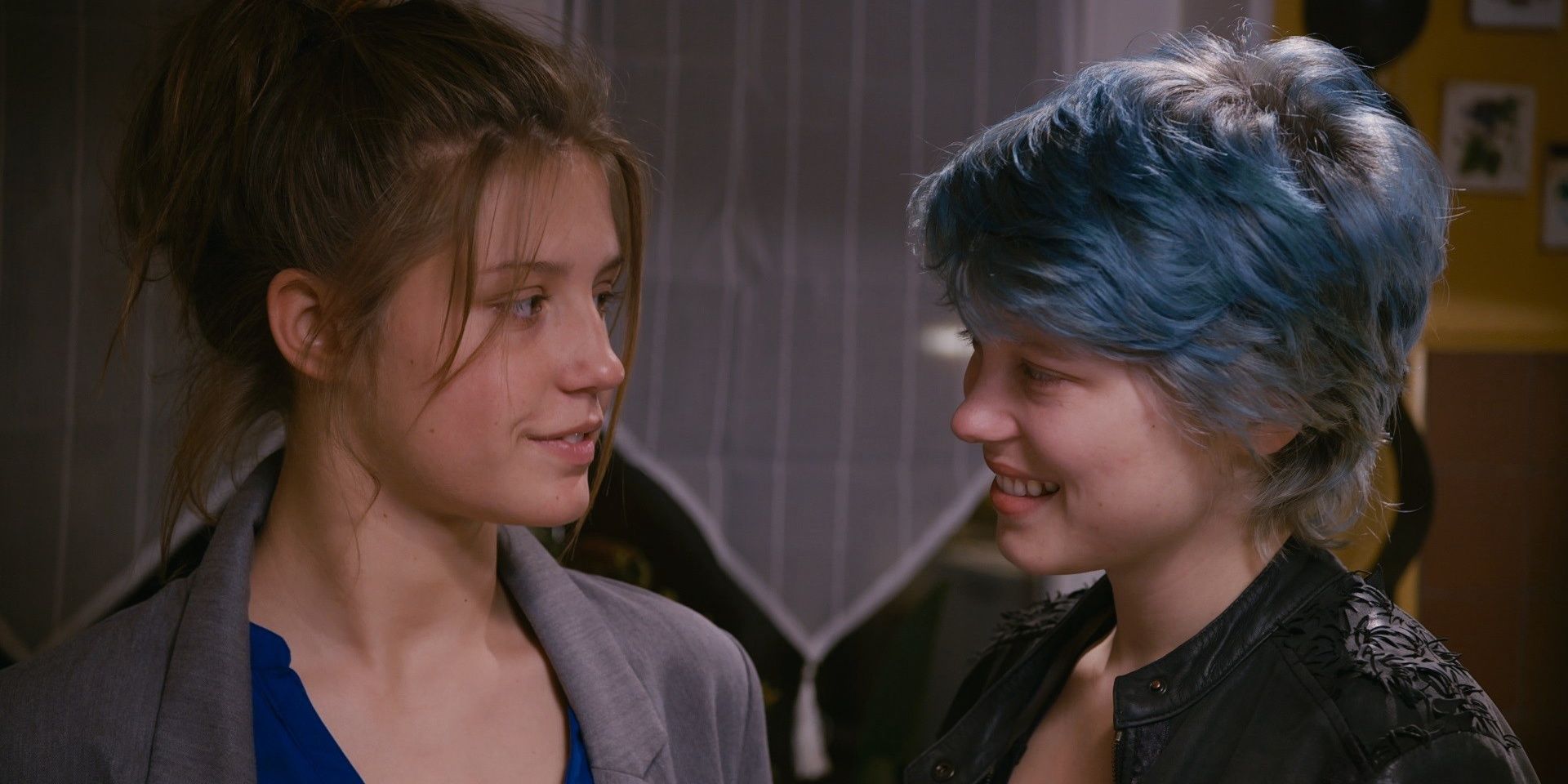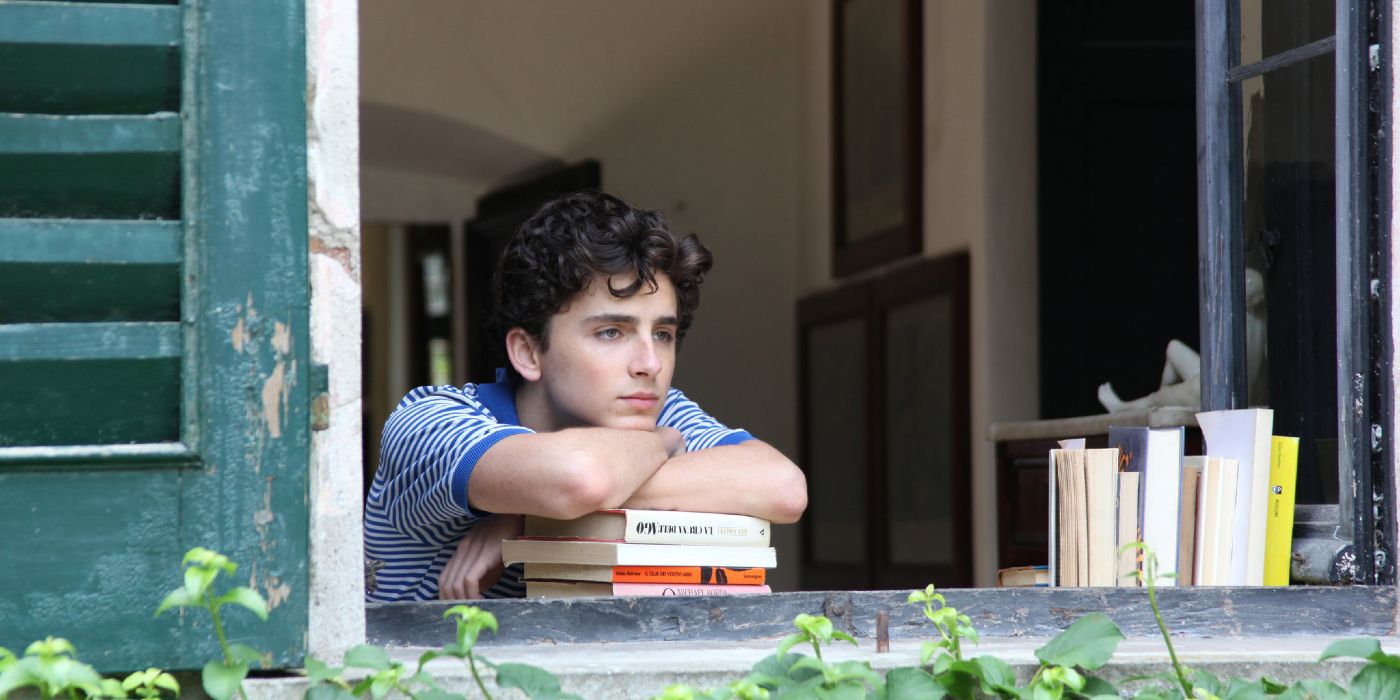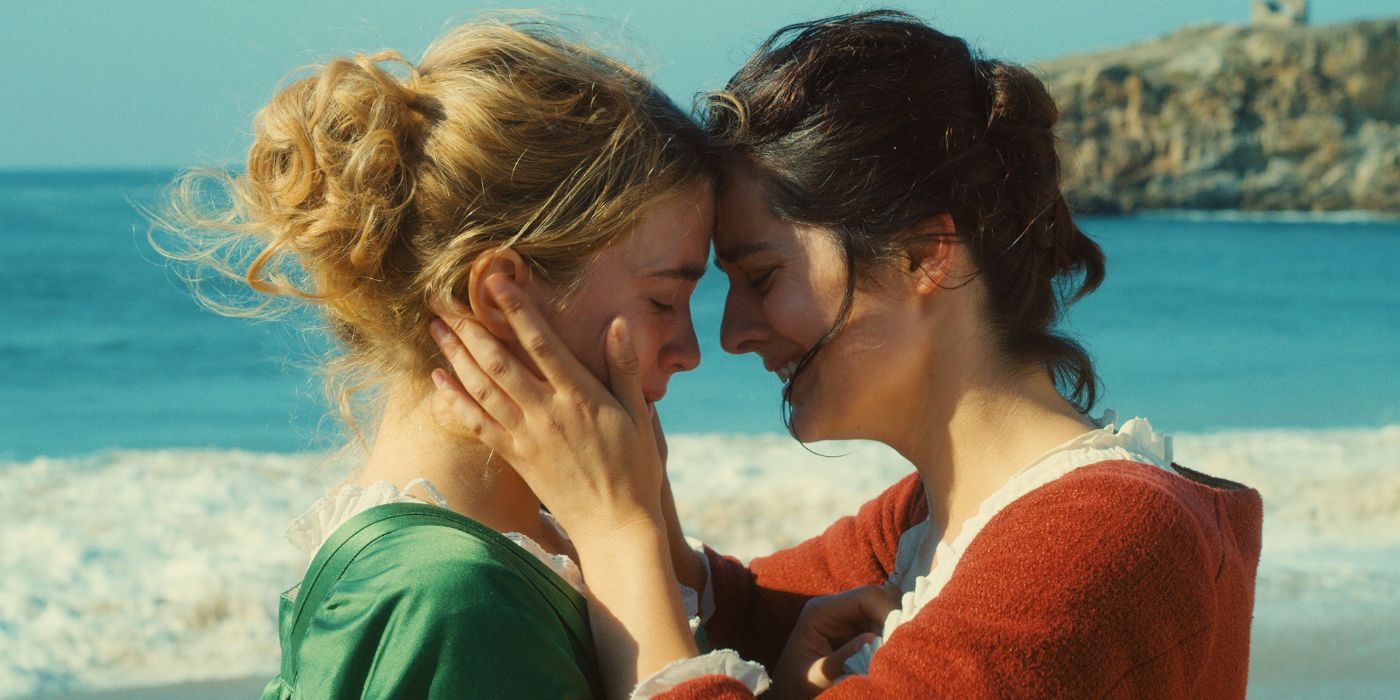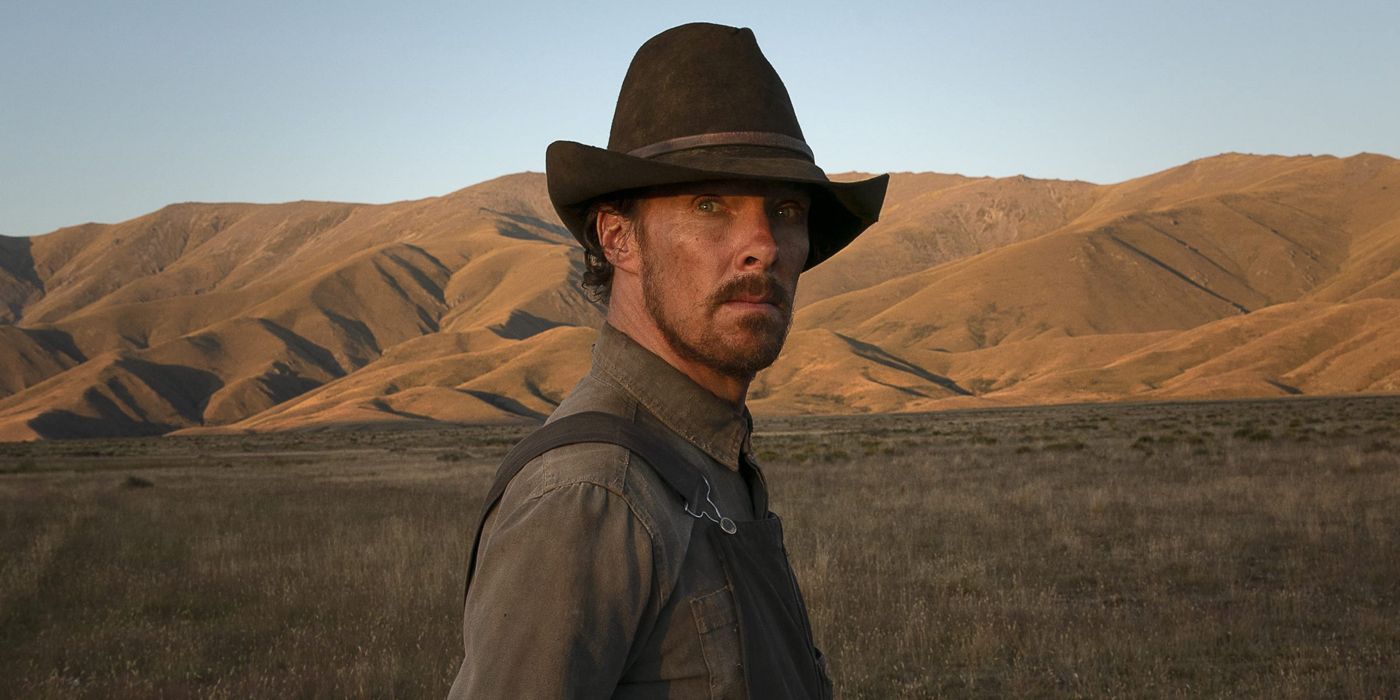With the announcement and trailer of the new Harry Styles movie My Policeman released this week, audiences are coveting a new and vibrant tale of sexuality and identity with a star name on its billing, but many films have laid the foundations for what is an exciting time for LGBTQ+ cinema and continue to be revered to this day.
As LGBTQ+ Pride Month is celebrated worldwide, it is yet another opportunity to appreciate and champion some of the best cinema produced by and concerned with, the LGBTQ+ community. Cinema has long been a place where stories of change, struggle, and inclusivity have been given a place to thrive.
Brokeback Mountain
Adapted from the short story of the same name by Annie Proulx, Ang Lee's Brokeback Mountain was a sensation when it hit the cinemas in 2005. Brokeback Mountain is a Western movie that dares to challenge the preconceived and culturally accepted notion of the heteronormative cowboy.
Lee's movie is a soaringly romantic cinema event that was notable for the performance of its two leading actors, Jake Gyllenhaal and Heath Ledger, whose tender portrayals of Jack Twist and Ennis Del Mar won them plaudits far and wide. Brokeback Mountain controversially missed out on the Academy Award for Best Picture, and many still believe it to be one of the biggest snubs in Oscar history.
My Own Private Idaho
Gus Van Sant's My Own Private Idaho was one of the more commercially and critically well-received movies of the new wave of 90s LGBTQ+ films. My Own Private Idaho is a part road movie, and part romance between two friends, played by River Pheonix and Keanu Reeves.
The film is also notable for its filmmaking experimentation. It has the aesthetic, like so many of Van Sant's other films, of a low-budget movie, but it makes the movie feel rawer as a result and in doing so foregrounds its emotional proclivities. Much of Van Sant's work has focused on stories within the LGBTQ+ community and are rich and rewarding cinematic works of art.
The Garden
British auteur Derek Jarman was one of the most influential LGBTQ+ pioneers of the twentieth century and his 1990 film The Garden was an experimental masterpiece of rage and beauty that confronted the notions of sexuality, religion, and society, and how all three have tessellated and fractured.
Jarman has produced many sensational and groundbreaking works of cinema in his career but none have been as furious in concept as The Garden. The movie can at times feel like a horror film, such is its brutally frenetic approach. One thing it most definitely is, though, is an empowering work of art that feels like a relic of a defiant movement in the throes of formative action.
Carol
Along with Barry Jenkins's Moonlight and Ang Lee's Brokeback Mountain, Todd Haynes' 2015 film, Carol, starring Rooney Mara and Cate Blanchett, launched LGBTQ+ cinema out of the underground and into the bright lights of the mainstream.
The film followed the harrowing and sensitive relationship shared between its two leading characters and directed an inquisitive lens on generational attitudes towards those who have struggled with their closeted sexuality. Haynes's film is as engaging as it is powerful and is still considered to be one of the most influential LGBTQ+ films ever made.
Moonlight
When Barry Jenkins's film Moonlight was announced as the winner of the Academy Award for Best Picture in 2016, it was a watershed moment for LGBTQ+ cinema. The academy, which had for so long been accused of underappreciating films that celebrated diversity, had now deservedly awarded a movie that did just that with the highest accolade in film.
Moonlight is a heartbreaking and rapturously powerful piece of cinema that follows the young life of Chiron in three parts as he comes to terms with his sexuality and his place in a community that already suffers from oppression. Jenkins's film is also notable for its cast of relatively unknown actors and is a testament to the power of cinema that prioritizes narrative over big Hollywood names.
Tangerine
Director Sean Baker is fast becoming a much-heralded indie movie auteur, and his recent films Red Rocket and The Florida Project for A24, have both been critical success stories. His 2015 movie Tangerine, though, is perhaps his most revered work to date thanks to its groundbreaking experimental approach to its subject matter.
Shot entirely on an iPhone, Tangerine tells the story of Sin-Dee Rella, a transgender sex worker who learns of her boyfriend's infidelity. Baker's movie was a breakout success that was revered not only for its compassion but its technological invention.
Blue Is The Warmest Color
Abdellatif Kechiche's adaptation of the popular graphic novel Blue Is The Warmest Color was an immediate critical smash-hit when it debuted at Cannes Film Festival in 2013. The movie won the festival's top prize, the Palme d'Or, and made a star of one of its leading actors, Léa Seydoux.
The movie is an explicit and beautiful tale of the explosively romantic, yet turbulent relationship shared between two women. Blue Is The Warmest Color is a coming-of-age movie that is largely unparalleled in scope and is one of the most critically adored LGBTQ+ films of the twenty-first century.
Call Me By Your Name
Including a breakout performance from Timothee Chalamet, Call Me By Your Name was a sensation both in a novelistic and cinematic context. The movie is perhaps best known for a certain scene involving Chalamet and a peach, but it is also a ravishing, sensitive, and beautifully acted coming-of-age drama.
Call Me By Your Name's power lies in its relative simplicity. It is partly a study of an adolescent boy coming to terms with his sexuality, but it is also a film that deals with the notion of first loves, and the heartbreak that befalls almost everyone on the planet after the collapse of a formative relationship.
Portrait Of A Lady On Fire
French director Celine Sciamma's filmography is bursting at the seams with classic stories and 2019's Portrait Of A Lady On Fire is up there with her very best work. Before Jane Campion brought period LGBTQ+ cinema into the mainstream with Power Of The Dog, Sciamma's dazzling film was a nuanced hit with critics.
Portrait Of A Lady On Fire tells the remarkable story of two women in nineteenth-century France whose uninhibited infatuation with each other is externally manacled by circumstance and generational attitudes towards same-sex relationships. Sciamma's film was such a success that scarcely any end-of-year best movie lists omitted it.
The Power Of The Dog
No LGBTQ+ movie in recent times has garnered as much critical and commercial attention as Jane Campion's Power Of The Dog. For a long time, Netflix had coveted a film that had 'Oscar contender' written all over it, and with Power Of The Dog, the streaming giant had just that.
But Campion's exquisite film was not just award fodder. It was a passionate and unnerving movie that sought to unearth what it meant for men who worked in hyper-masculine professions to suppress their sexuality, and was anchored by an extraordinary performance from Benedict Cumberbatch.

